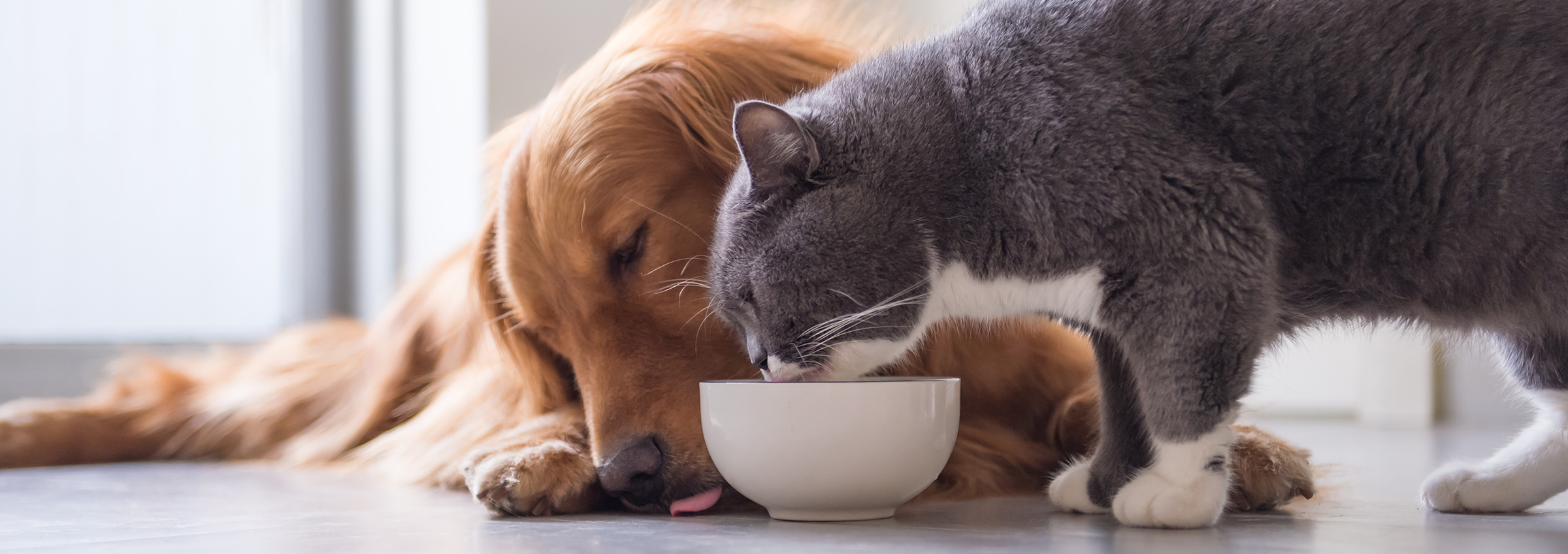Rodenburg Biopolymers and FeedValid start a strategic collaboration
FeedValid has entered a strategic collaboration with Rodenburg Biopolymers from Oosterhout, the Netherlands. This collaboration is a logical consequence of two complementary family businesses. “Our companies are both known as frontrunners in upgrading residual flows from the food industry to form new circular products. Together, we will have more clout and knowledge for innovation,” explains FeedValid director Robin Weening.
“Rodenburg Biopolymers is a family company that processes plant-based raw materials, including residual flows from the fresh produce industry, into high-quality new products. In addition to the production of pet food ingredients from potato waste streams, we have grown into a specialist in biobased technology. Among other things, we convert starch into environmentally friendly bioplastics. With everything we do, we wish to create a positive and sustainable impact. We also recognise this same mentality at FeedValid. Our pet food activities overlap, but the other activities are very complementary,” adds Thijs Rodenburg, director of Rodenburg Biopolymers.
Circular pioneers
“We are circular pioneers at heart,” confirms Weening. “Anywhere we can get the raw materials transition into a higher gear, we like to be at the forefront. At the same time, a successful circular economy requires collaboration in the chain. We have found the perfect partner in Rodenburg Biopolymers, allowing us to take our sustainability strategy to the next level. Starting this spring, the commercial pet food activities of Rodenburg Biopolymers will be transferred to FeedValid. We have our production sites in Nieuwdorp and Poederoijen, and Rodenburg Biopolymers will further develop its production location in Oosterhout. As a result, we will be able to offer our joint suppliers and customers even more continuity, reliability and sustainable solutions.”
Making a connection
Rodenburg Biopolymers and FeedValid can see plenty of opportunities as a result of joining forces. Weening: “This collaboration creates scope for innovation and broadens our field of vision, enabling us to satisfy the growing demand for circular solutions even more closely.” “Co-creation is an indispensable factor for innovation,” continues Rodenburg. “Not without good reason, Rodenburg Biopolymers is the initiator of the ‘Side Stream Innovation Valley’: a campus where companies, knowledge and education institutions work together to valorise organic residual flows. You won’t get anywhere alone. To really make a lasting difference we need to make a connection, exchanging ideas and know-how. The collaboration with FeedValid is an excellent example of this,” concludes Rodenburg.





